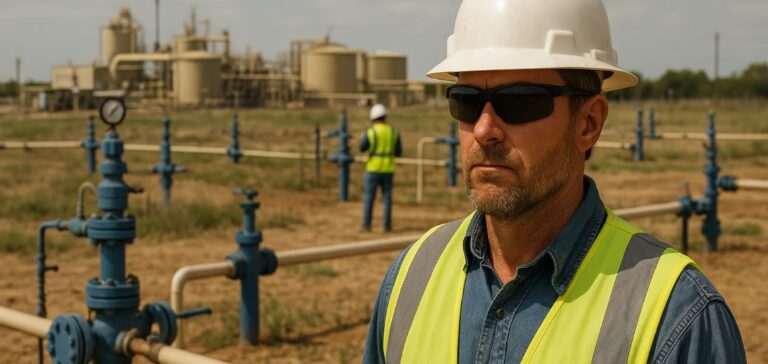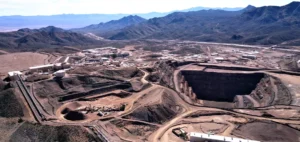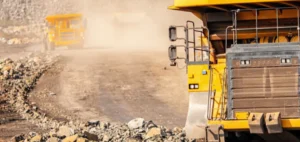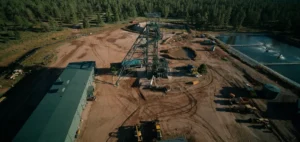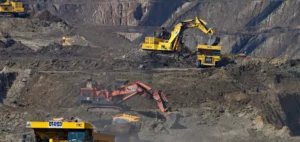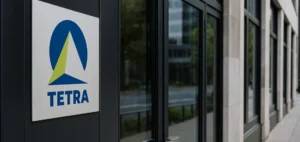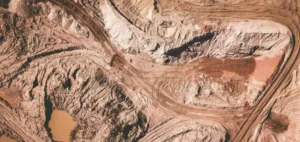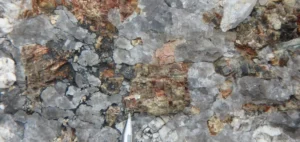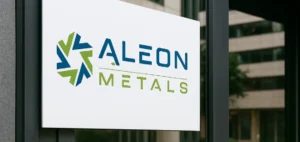The South West Arkansas (SWA) project, developed by the joint venture Smackover Lithium between Canadian company Standard Lithium Ltd. and Norwegian group Equinor, has been designated as a priority project by the Trump administration under Executive Order 14241. Issued on March 20, the order introduces immediate measures to boost domestic production of critical minerals, particularly lithium, which is considered essential for the United States’ economic and energy security.
This designation, announced by the Federal Permitting Improvement Steering Council on the recommendation of the National Energy Dominance Council, places the SWA project on the federal Permitting Dashboard. The inclusion is intended to enhance transparency, strengthen accountability and increase predictability in the regulatory review process, in line with the presidential directive to accelerate strategic mining projects.
A unique direct extraction project in the US
The SWA project is the only lithium initiative using Direct Lithium Extraction (DLE) technology among the three domestic lithium projects selected to date. It is also the first to receive support from the Department of Energy’s (DOE) Office of Manufacturing and Energy Supply Chains under the Transparency Program. This federal status is expected to streamline administrative procedures and secure the project’s development timeline.
David Park, Chief Executive Officer of Standard Lithium, emphasised that the designation reinforces the SWA Project’s economic positioning and its role in supplying a domestic source of lithium for advanced technologies, notably in electric mobility and energy storage sectors.
Strategic leverage for the national supply chain
The White House’s official backing is part of a broader strategy to reduce American dependence on foreign supply chains—especially Chinese—for critical raw materials. By reinforcing domestic production, the US administration aims to strengthen its standing in strategic industrial sectors.
Listing the SWA project among the country’s priority developments could serve as a catalyst for other similar initiatives nationwide. Smackover Lithium has stated its intention to continue engaging with local and federal authorities to ensure the operational progression of the SWA Project, while complying with regulatory requirements for mining infrastructure of this scale.


